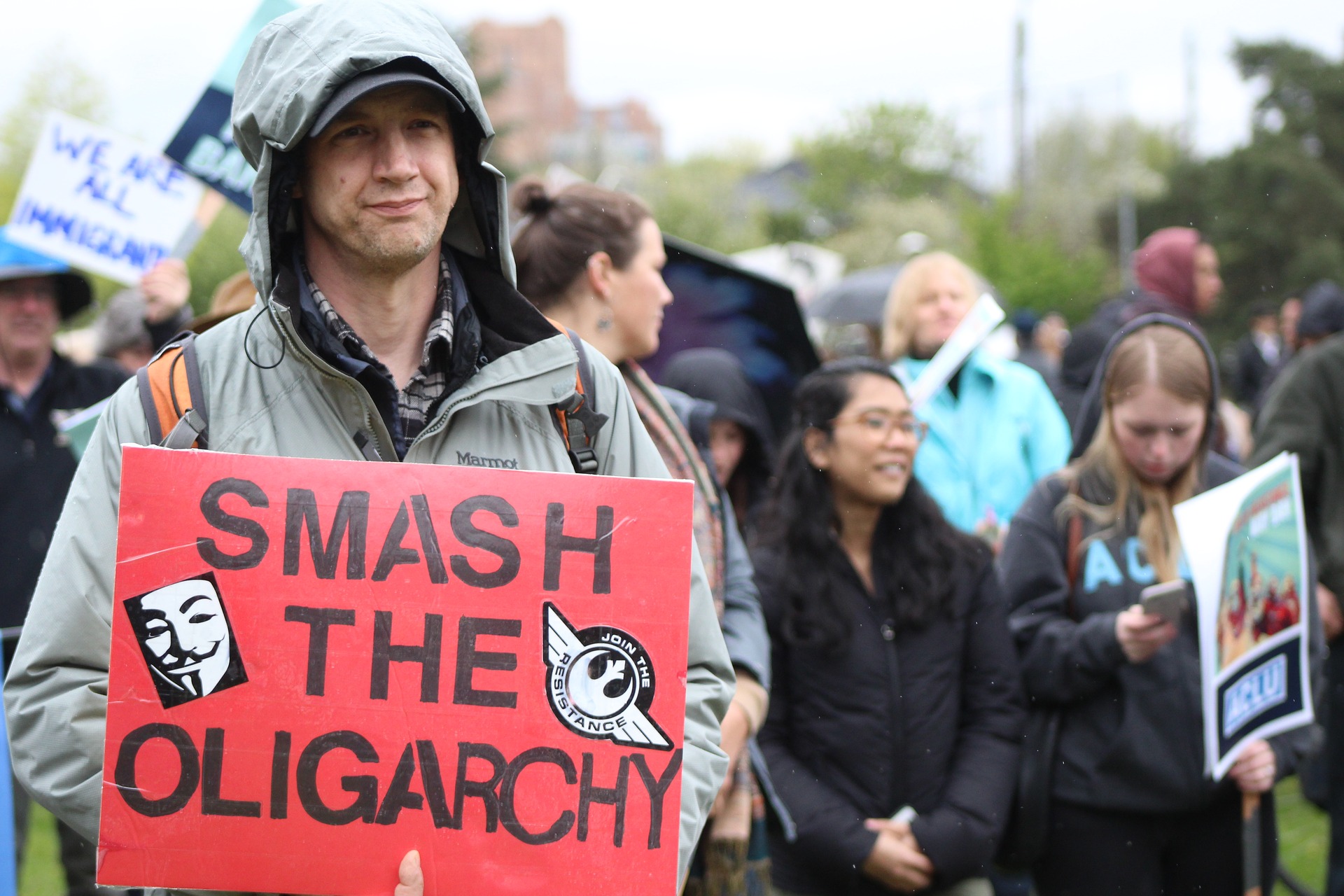After the 2008 economic meltdown, conspicuous consumption fell out of fashion. Long before “the 1%” was a catchword, a new frugality gripped those in the middle class and higher. The affluent tightened their Gucci belts and made do with less, even if they didn’t have to. It just wasn’t seemly to be profligate when Citibank was trading at 97 cents a share. There was even a name for it: luxury shame.
Not so today. Sales of high-end art are sizzling. Luxury real estate is creeping back, buoyed by low interest rates and a feeling that it’s safe to go back in the water…and buy the beachfront house to boot. Christie’s broke all previous records by raking in a jaw-dropping $116 million last week with the auction of Elizabeth Taylor’s jewelry collection. (Of course, this may have been partly due to shrewd expectations-setting and brilliant PR by Christie’s, but still.)
Not enough evidence? When in doubt, follow the money. High-end retailers like Tiffany, Burberry and others are reporting soaring profits, and private equity firms just can’t snap up luxury brands quickly enough.
So, where does the Occupy movement fit in with all this? There are some who say it’s put a damper on extravagance, even as the economy has inched toward recovery. I doubt it. Though the movement’s message has found its way into the national bloodstream, which I call a real PR success, its impact has been on the political dialogue and among so-called “ordinary” people, and its message is not so much anti-consumerist as it is anti-inequality. Those among the 99% don’t reject marketing or wealth or even consumption; rather, they want a fair share of it.
Those financiers who sipped champagne while looking out over Zuccotti Park weren’t mocking the protesters; they were just doing, well, what they do. Three years after the crisis, luxury shame is as passé as matching shoes and bags.
The one place where such optics may still matter is if you’re running for office. Being wealthy – or maybe just enjoying your wealth – might be bad PR for a serious presidential candidate. Hence, Mitt Romney’s team is busy planting stories about what a cheapskate he is, and Gingrich’s next revolving account may be at J. C. Penney. But, then there’s Trump. He’s not so much a true billionaire as a walking advertisement for living large.
So, bring on the bling. Being wealthy – or at least, wanting your share of the wealth – is back in style, and it probably never really went out.

